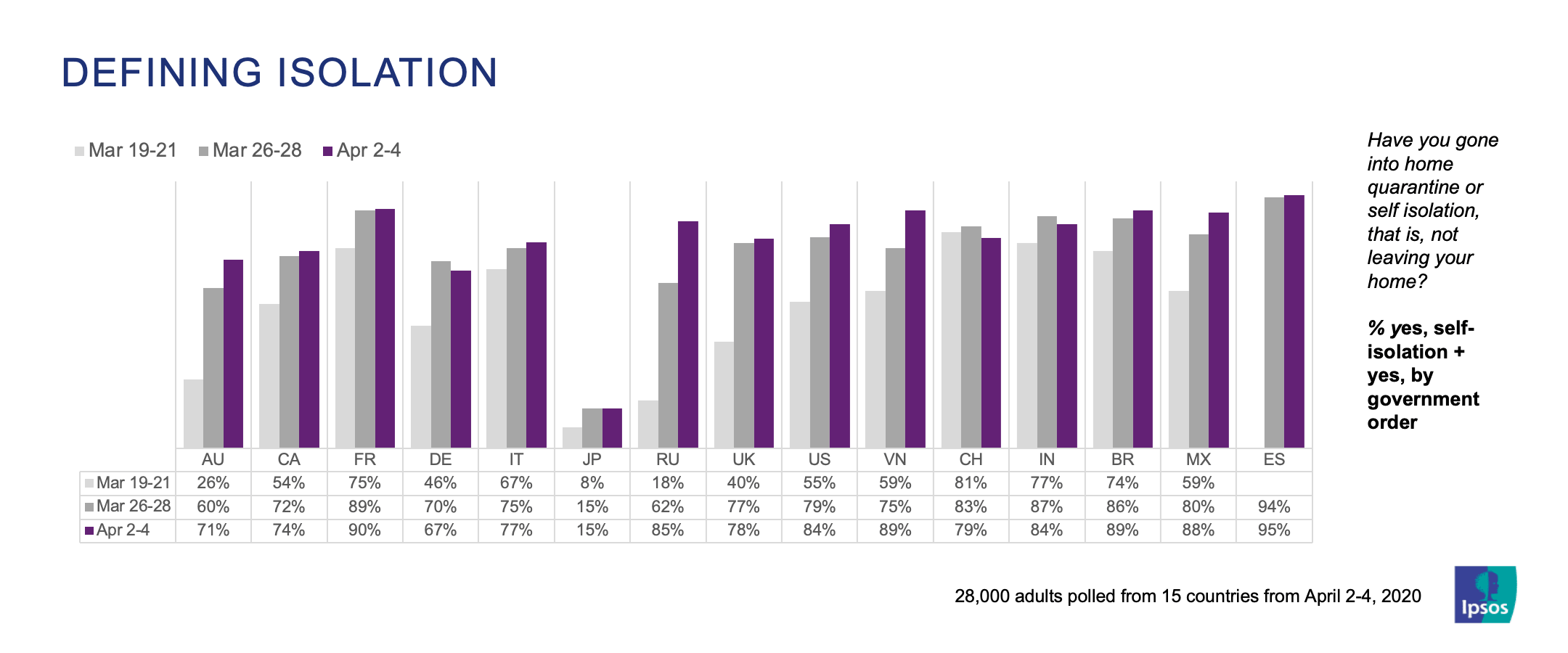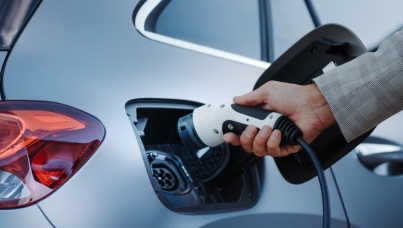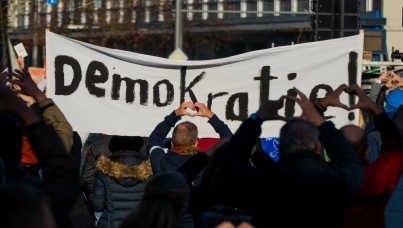Most of us are staying home to stop spread of COVID-19, shows latest poll
The majority of people in all except one of the 15 countries surveyed by Ipsos last week say they are self-isolating or quarantining at home to stop the spread of COVID-19.
In a survey of 28,000 people conducted from April 2 to 4, Japan is the only exception to this with just 15% of the respondents saying they are staying home to fight the coronavirus pandemic.
Countries in which at least four in five people now report they are self-isolating include Spain (95%), Vietnam (94%), France (90%), Brazil (89%), Mexico (88%), Russia (85%), the United States and India (84%). The peak for reported self-isolation was reached two weeks ago in about half the countries surveyed, and there has been little movement since.
However, respondents in a few countries have shown slight declines in self-isolation over the past week including China down 4 percentage points, India (-3), and Germany (-3). The country with the biggest increase in self-isolation is Russia (+23 points), followed by Vietnam (+16), Australia (+11), and Mexico (+8).
Overall, the data shows the strategy of self-isolation has become well-accepted by populations in most of the countries surveyed. Not only are governments implementing the measures, but their citizens are mostly complying and staying home.




